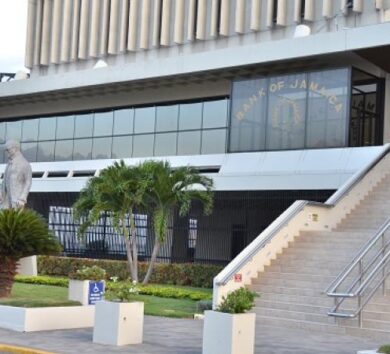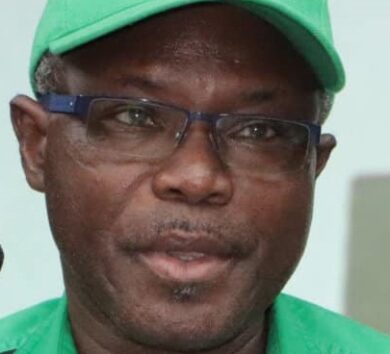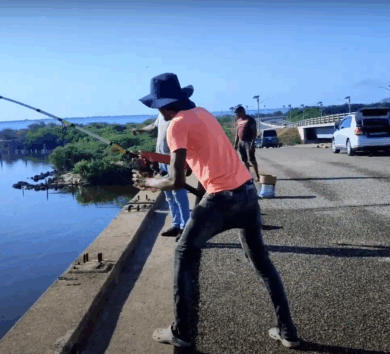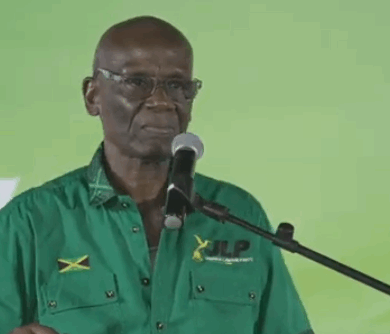
Jamaica, Argentina and Costa Rica were three Latin American countries singled out by the Pan-American Health Organisation (PAHO) on Wednesday (November 11) for their exceptional approach to contact tracing as a means to curb further spread of the novel coronavirus (COVID-19).
In a media briefing earlier today, PAHO Assistant Director Jarbas Barbosa said that concerning contact tracing, adjusted to the patterns of transmission, is being done well in the three countries.
It comes as vindication for Jamaica as the nation confirmed eight new cases of COVID-19 in its daily update on Wednesday—the lowest numbers it has seen since early August. Jamaica currently has 9,581 cumulative cases, and closes in on 5,000 reoveries. To date, 225 patients have died from coronavirus-related complications.
Additionally, Barbosa lauded Canada and Brazil for placing priority on primary health care as both countries adjusted their health workforces to meet growing demand.
Cuba and Costa Rica were also highlighted by PAHO for ensuring care for patients through “strong, universal health coverage systems”.
PAHO indicated that it called the press event to outline best practices in a guide: to help countries decide which measures to implement to control the COVID-19 pandemic; for how long, based on how the virus spreading; and the characteristics of their health systems.

“We are hopeful that with this guidance, countries will be better able to tailor their responses to their individual needs, as their caseload changes over time,” Barbosa explained.
Noting that 22 million people in the Americas have been infected with COVID-19 and more than 660,000 have died, Barbosa said the virus is still surging, with 150,000 cases reported daily.
In North America, the US, Canada and Mexico are experiencing spikes in confirmed coronavirus cases. Countries in the Caribbean, however, as well as states in Central and South America are doing better than others.
“Effective epidemic surveillance systems allowed Chile to bounce back after unprecedented spikes earlier this year by tailoring its public health measures, locality by locality,” Barbosa noted.
Caribbean countries, the PAHO assistant director continued, using laboratory surveillance systems, “have been disciplined about imposing restrictions and tightening public health measures when there have been new infections, while also keeping tourism afloat.”
Encouragingly, Barbosa said that most countries in the Americas formed emergency medical teams to provide surge capacity when needed.

“We saw this in Uruguay and Peru, where internal teams were deployed to virus hot spots to care for patients and relieve the burden on local clinics and hospitals. In the Americas, more than 165 emergency medical teams were deployed domestically by the countries, enabling health services to expand by almost 17,000 inpatient beds and 1,500 critical care beds, which have been crucial to saving lives in remote areas,” he explained.
Despite hitting the community spread phase of its coronavirus outbreak more than two months ago, Minister of Health and Wellness Dr Christopher Tufton has stressed that contact tracing remains a critical part of Jamaica’s national response to the pandemic.
Contact tracing involves public health staff working with a patient to help them recall everyone with whom they have had close contact during the timeframe when they may have been infectious.
The exposed individuals (contacts) are then warned of their potential exposure.







Comments